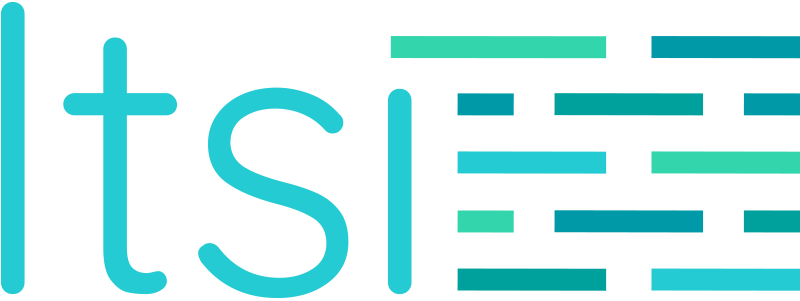LTSI uses the signed-off-by language and process, used by the Linux kernel, to give us a clear chain of trust for every patch received.
Linux Kernel Certificate of Origin v 1.1
“By making a contribution to this project, I certify that:
The contribution was created in whole or in part by me and I have the right to submit it under the open source license indicated in the file; or
The contribution is based upon previous work that, to the best of my knowledge, is covered under an appropriate open source license and I have the right under that license to submit that work with modifications, whether created in whole or in part by me, under the same open source license (unless I am permitted to submit under a different license), as indicated in the file; or
The contribution was provided directly to me by some other person who certified (a), (b) or (c) and I have not modified it.
I understand and agree that this project and the contribution are public and that a record of the contribution (including all personal information I submit with it, including my sign-off) is maintained indefinitely and may be redistributed consistent with this project or the open source license(s) involved.”
Using this Process
We have the same requirements for using the signed-off-by process as the Linux kernel.
In short, you need to include a signed-off-by tag in every patch:
Signed-off-by: this is a developer’s certification that he or she has the right to submit the patch for inclusion into the project. It is an agreement to the Developer’s Certificate of Origin (above). Code without a proper signoff cannot be merged into the mainline.
If you are unfamiliar with this process, you should read the official policy at kernel.org and you might find this article about participating in the Linux community on Linux.com to be a helpful resource.


